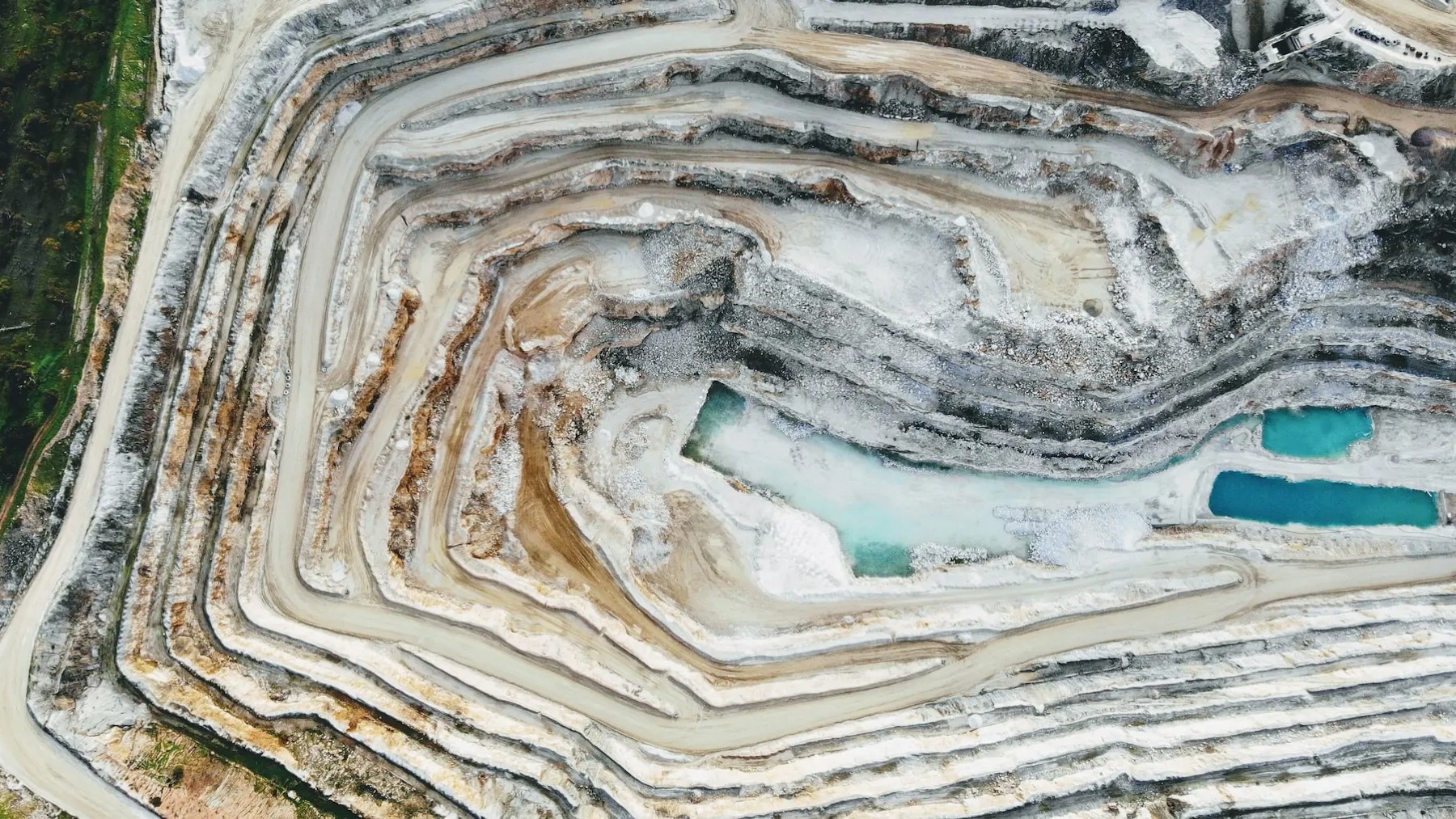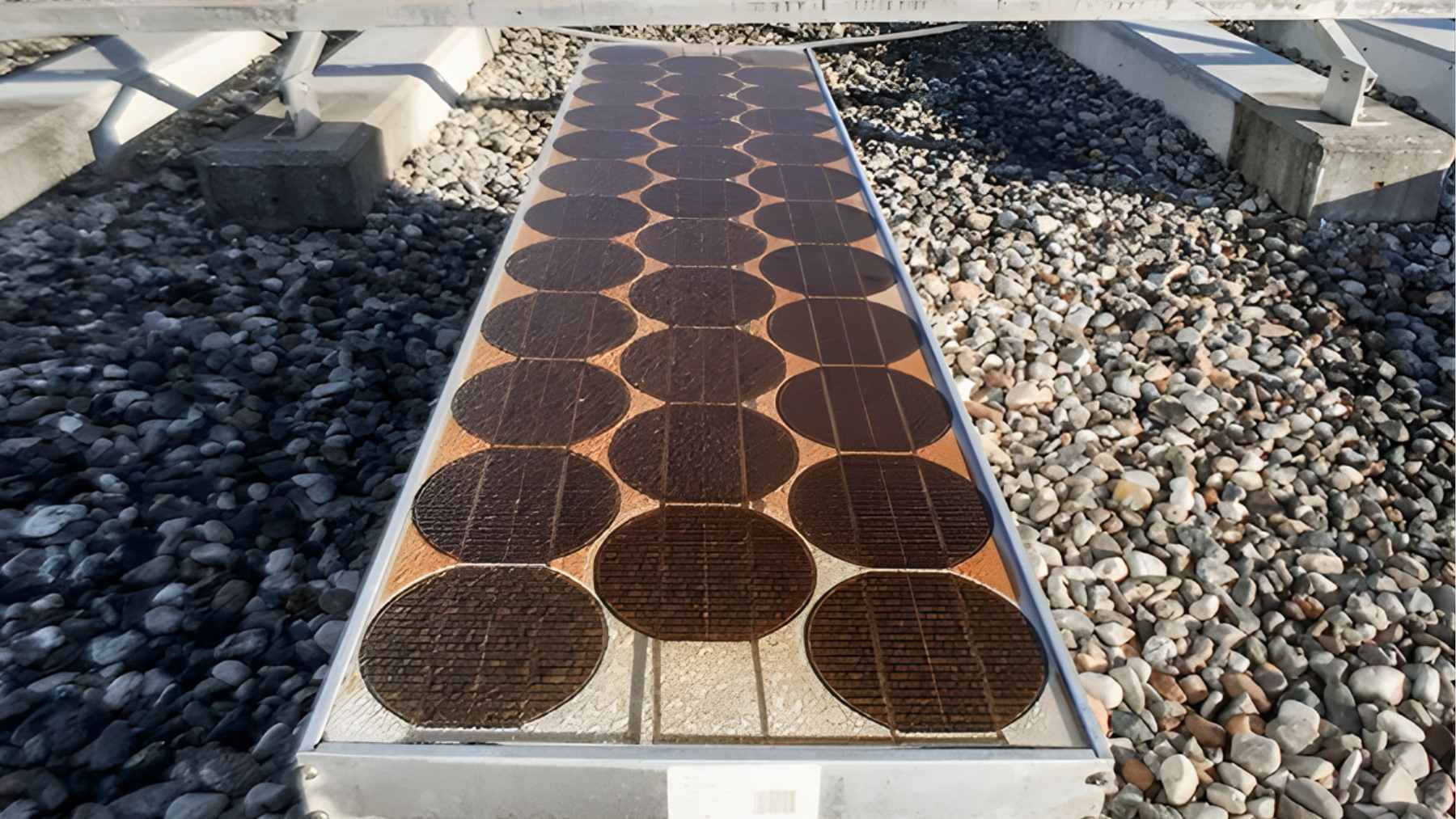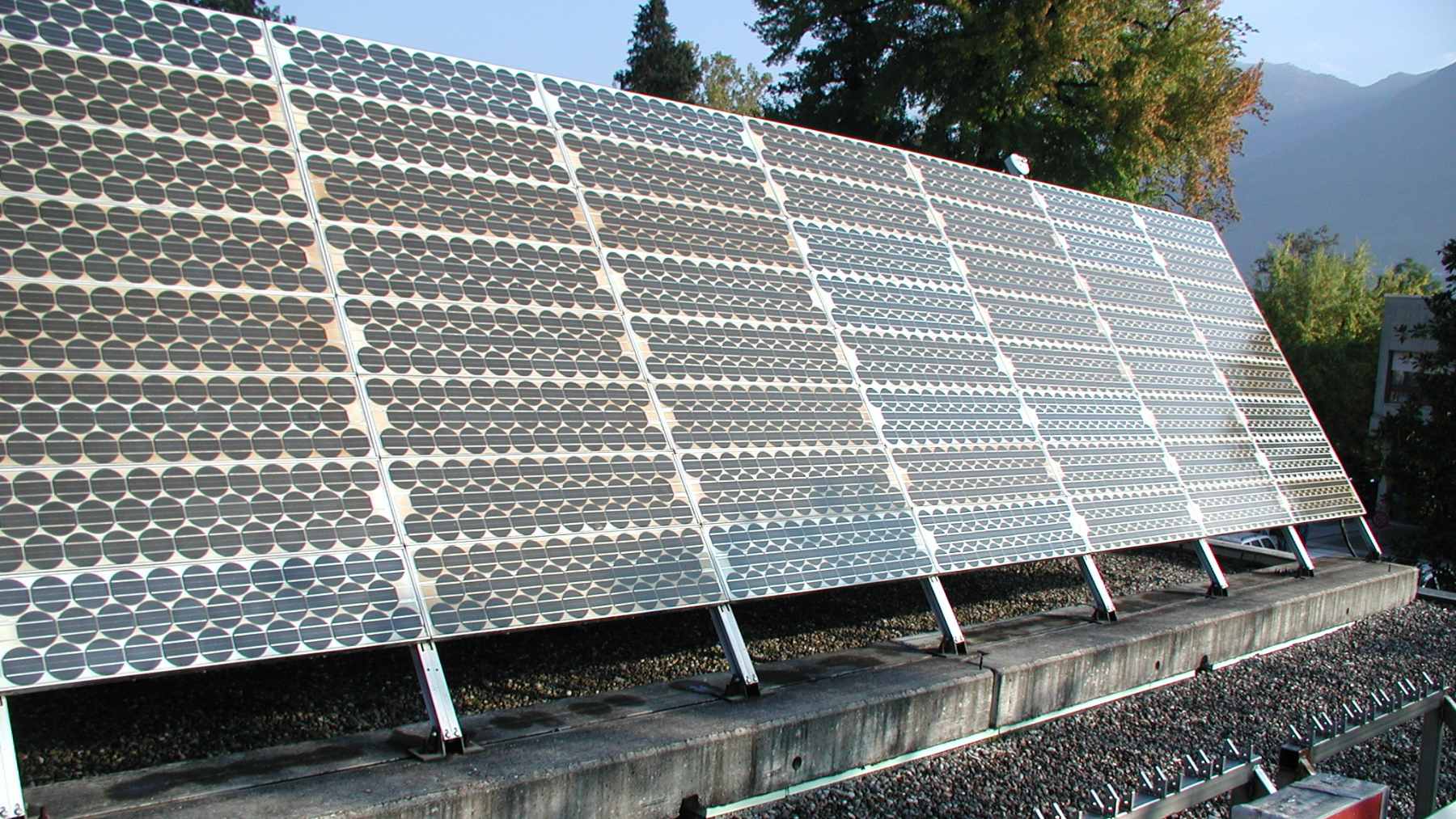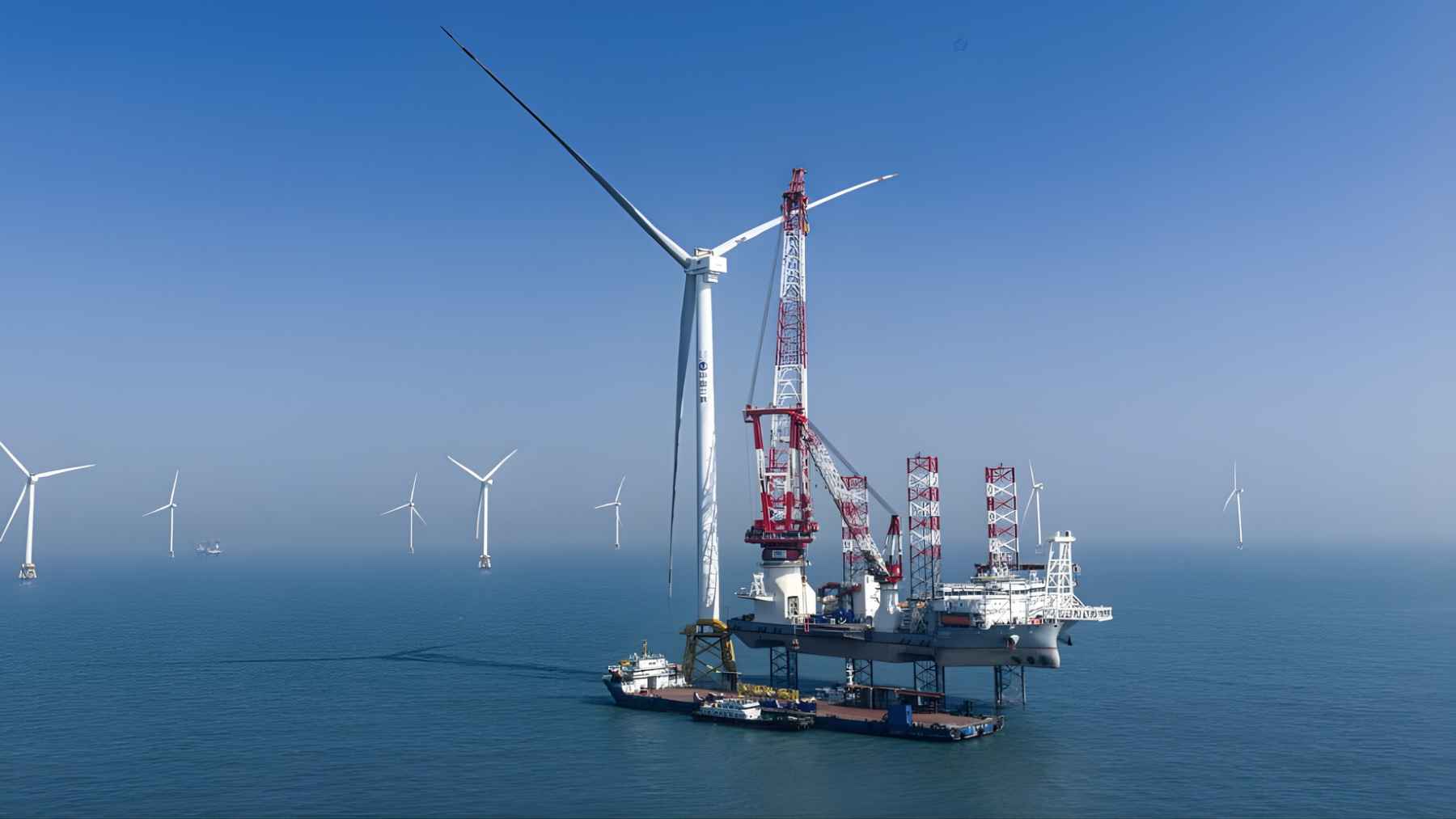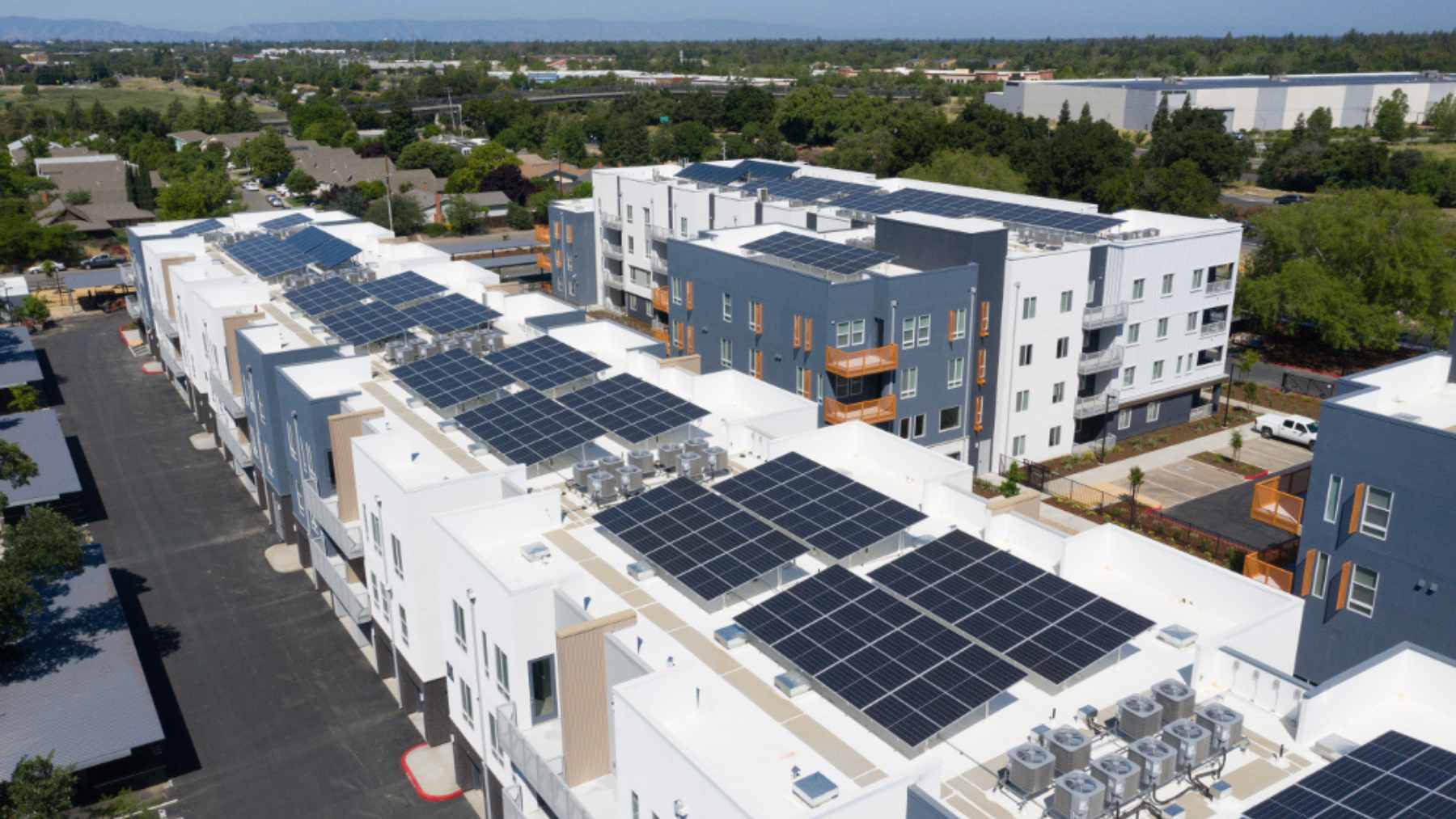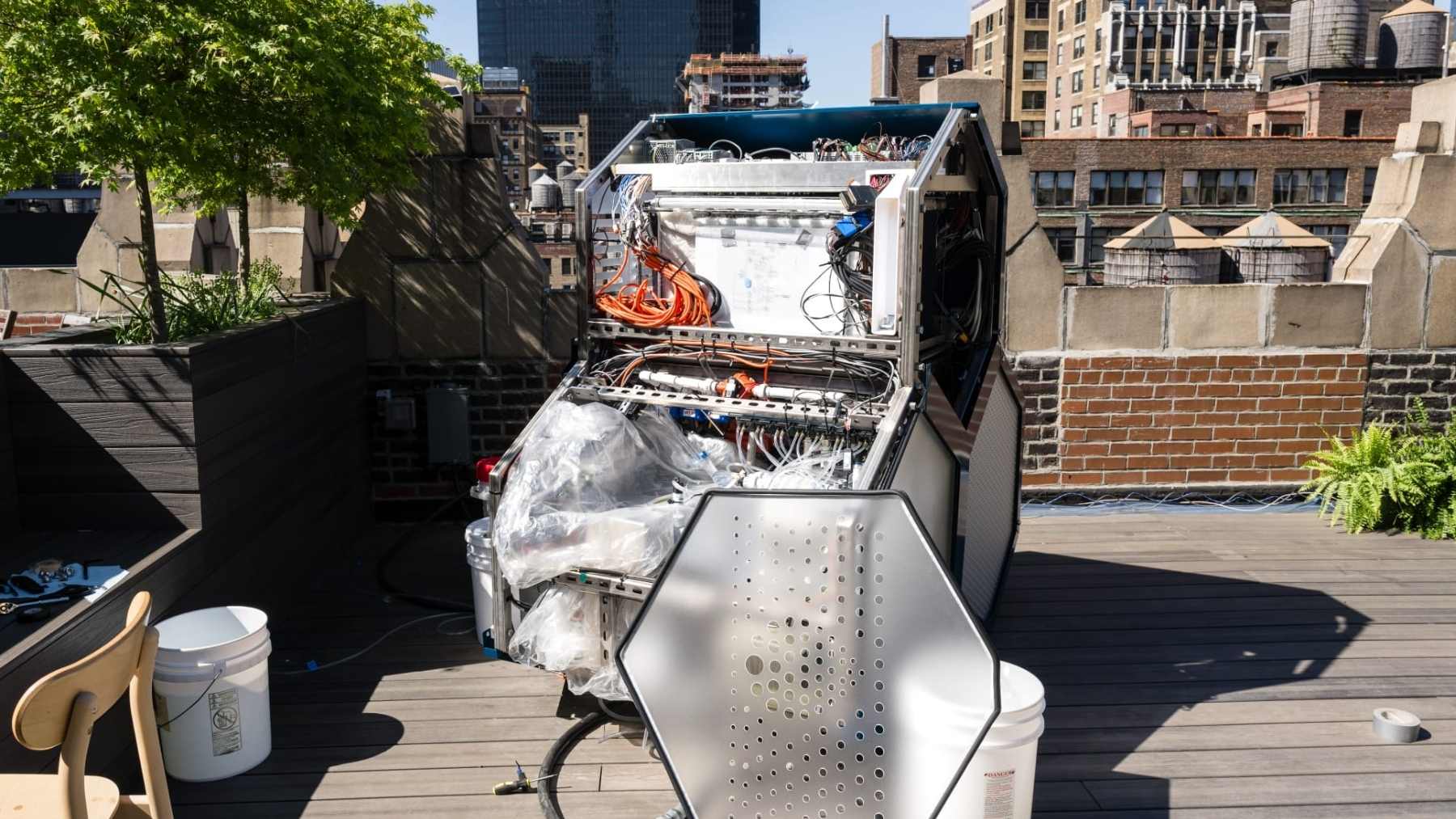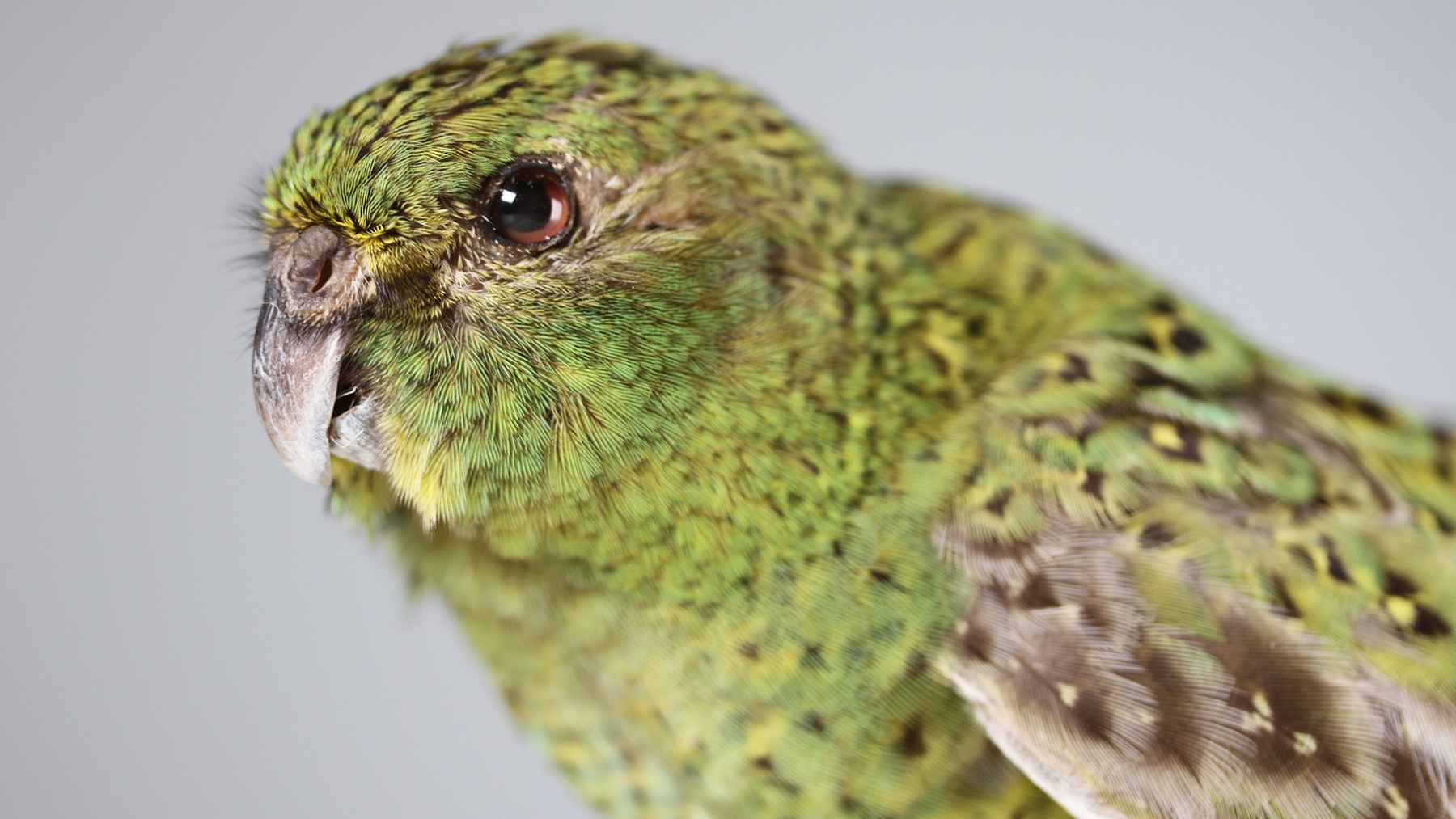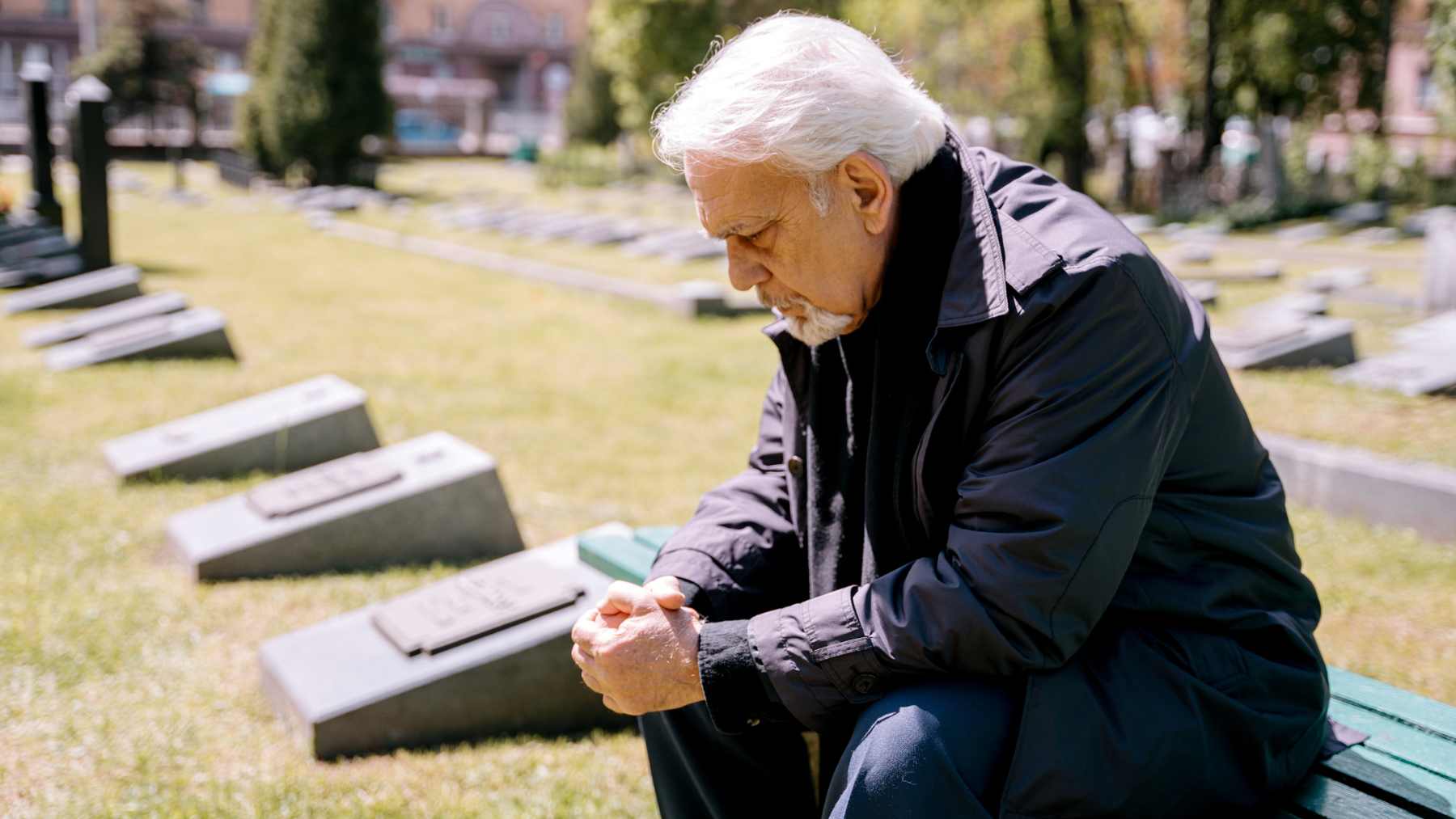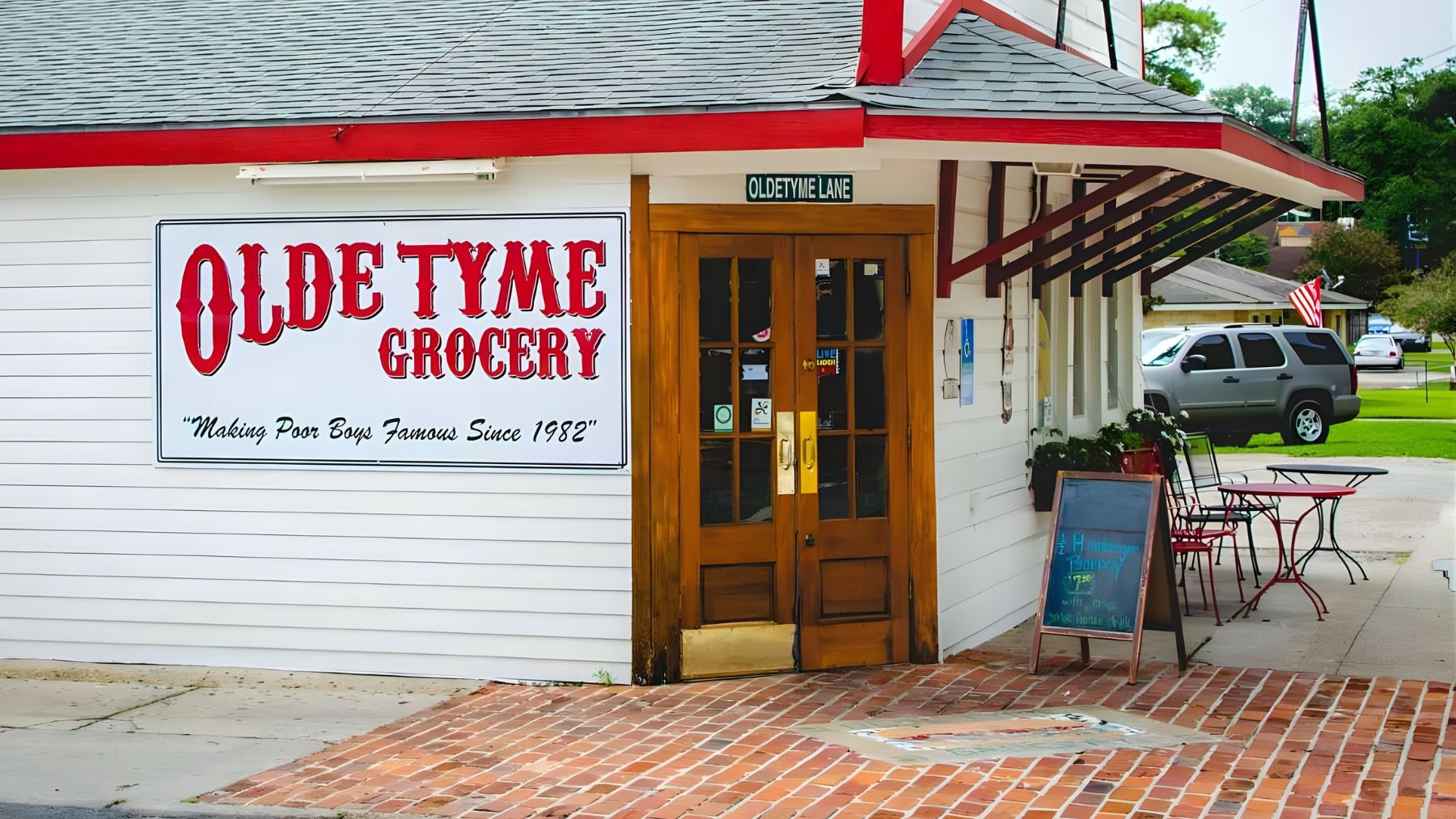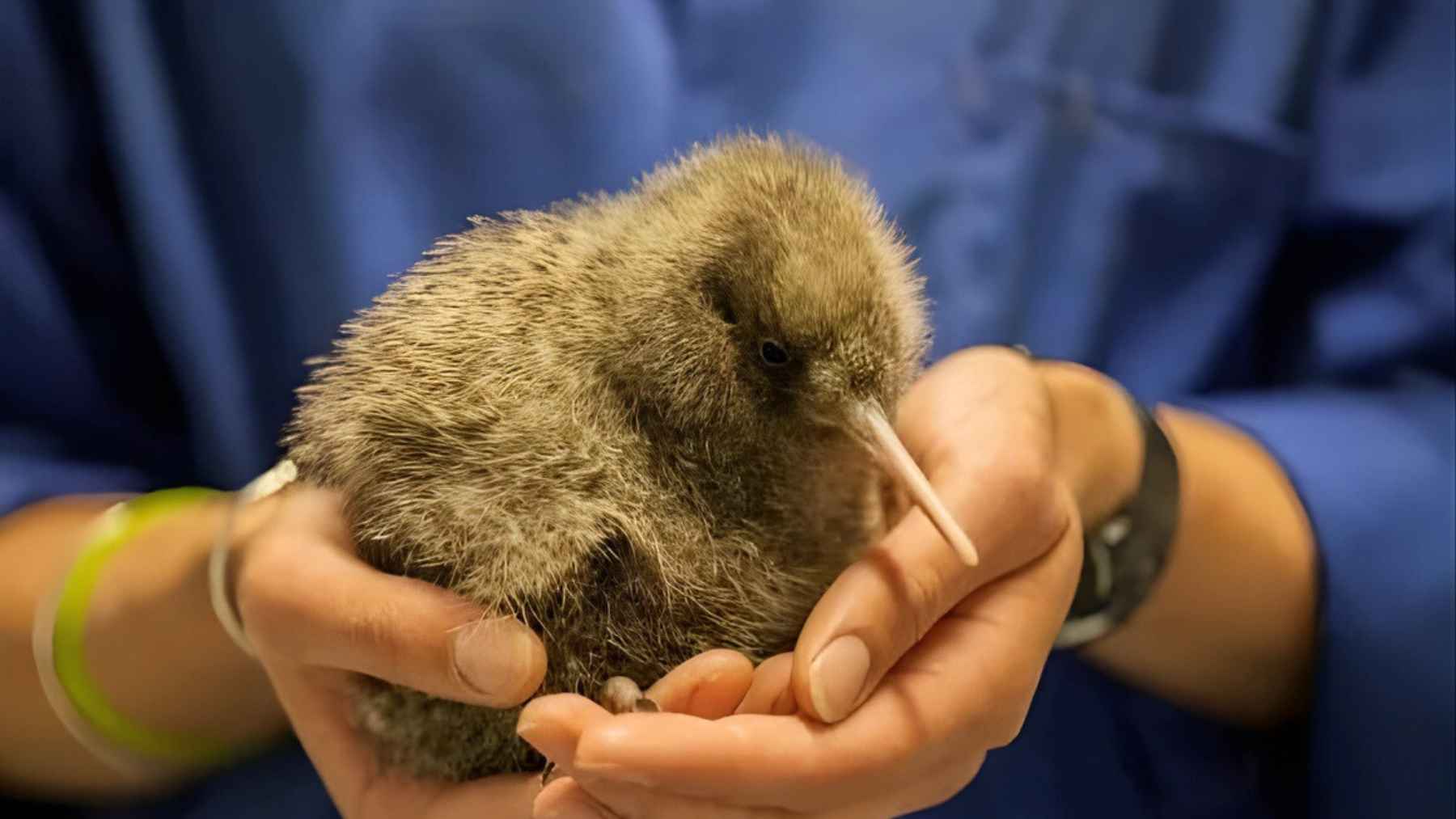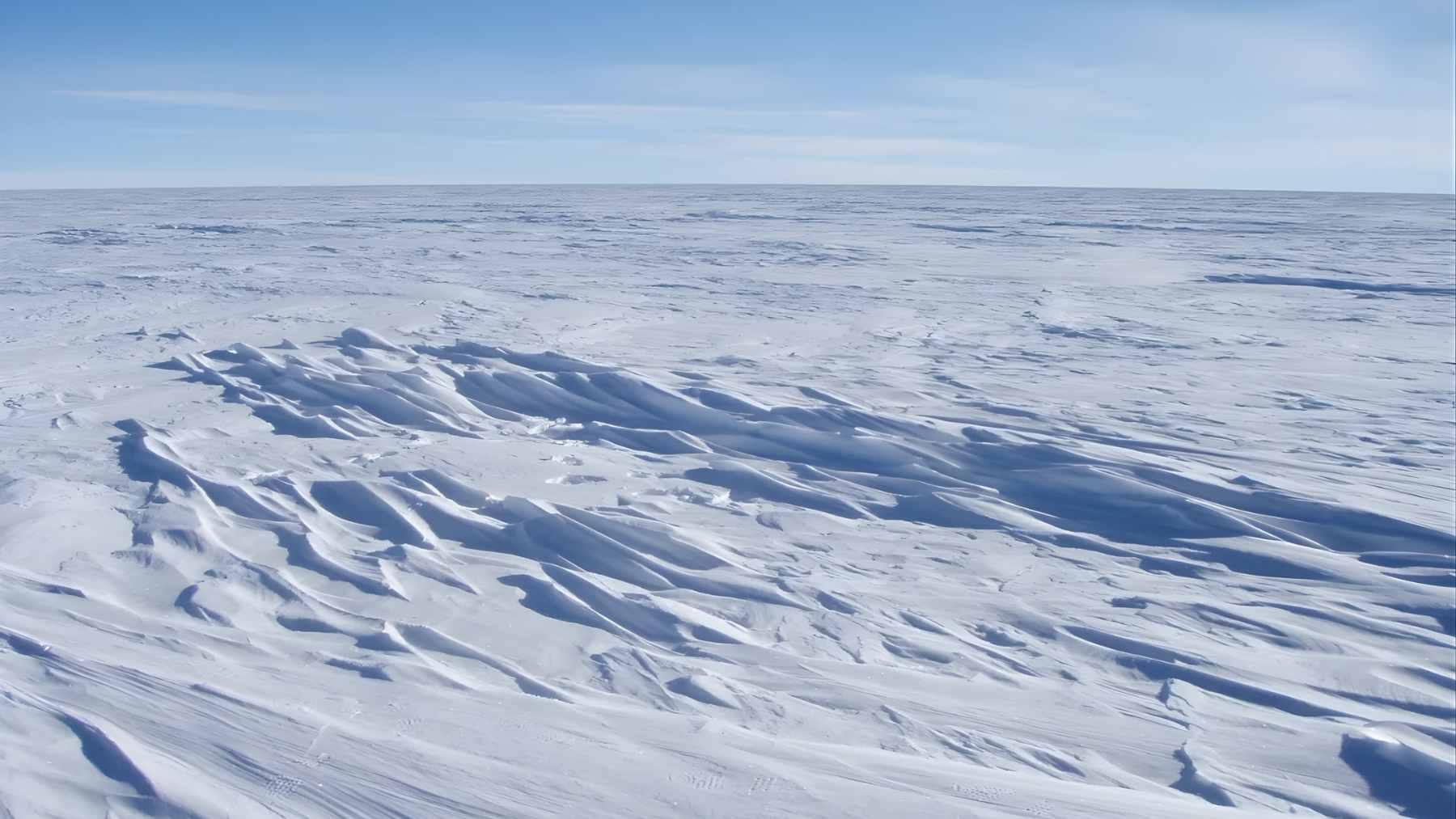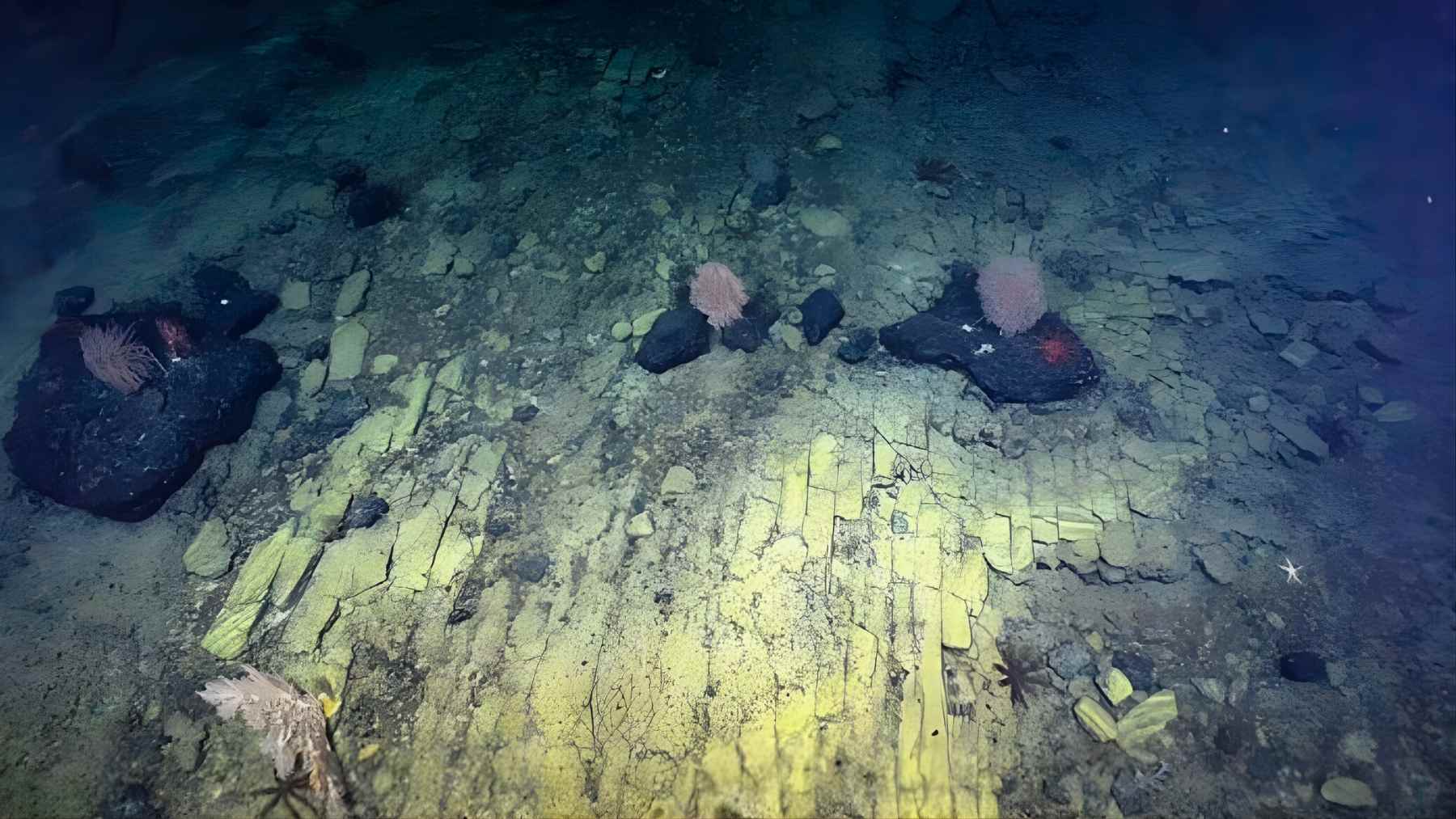According to a finding at McDermitt Caldera located along the border of Nevada and Oregon, this may contain the largest lithium deposit in the world, estimated at 20 to 40 metric tons. If true, this would double the country’s reserves of clay-based lithium, enhancing lithium production in the US and reducing imports.
McDermitt Caldera: A 16-million-year-old lithium treasure
The McDermitt Caldera is a caldera which formed 16.4 million years ago because of a major volcano eruption. A preferable condition for lithium enrichment was developed through its unique geologic substratum. Researchers detected high concentrations of illite, an unusual mineral that maintains an extraordinarily high lithium content: this illite-rich claystone formed when hydrothermal activity modified a more typical clay mineral, smectite, leading to an increase of up to 2.4% lithium – nearly double that of standard lithium sources.
“The way illite concentrated lithium in this area is unique,” the co-author of the study, Dr. Thomas Benson, stated. “This may establish a new metric of high-quality lithium deposits.” The size and quality of this deposit might rival Bolivia’s salt flats, considered the largest lithium reserve in the world.
Lithium: The building block of the clean energy economy
Lithium is the key element for EV batteries, lithium-ion technology in all smartphones, and renewable energy storage, and it is what the clean energy economy will inevitably rely upon. This finding should cut down the dependence of the US on imports, particularly from China, which is the world leader in lithium processing. Lithium Americas, getting ready to operate in Thacker Pass, will begin mining in 2026, using state-of-the-art claystone extraction techniques.
“This affirms our work at Thacker Pass,” said Tim Crowley, Lithium Americas VP. “It is a critical step toward meeting US battery materials demand and strengthening supply chains.” The promise of a secure supply chain, jobs, and US aspirations in renewable energy and emissions envelops the discovery.
Conservationists raise concern regarding threats to wildlife habitats at Thacker Pass
Environmental groups and Native American tribes are angry against this project. Conservationists fear about the destruction due to mining in wildlife habitat-these are deep within the greater sage-grouse and pronghorn antelope community ranges.
Indigenous groups have the cultural and spiritual context to demonstrate against the damage to Thacker Pass, equating it with defiling the Arlington National Cemetery, and faulted the process of permitting with inadequate consultation.
John Hadder, Director of Great Basin Resource Watch, called for stricter oversight. “The permitting process for Thacker Pass was rushed and inadequate,” he said. “Future projects must respect the environment and Indigenous rights.”
Lithium demand is projected to increase by about 3 times by 2030 because of the increasing consumption of batteries for EVs and renewable energy purposes. Currently, the States have only one operating plant. The new discovery of the McDermitt Caldera may turn the tide and transform the US into a world leader in lithium production and energy security.
That’s how sustainable development will be at a competitive global market. With the shift into a greener economy, the discovery made at the McDermitt Caldera could dramatically change the shape of lithium production in the years to come.
It will challenge the balance between economic benefit and environmental stewardship as well as cultural sensitivity. Sustainable mining practices: good consultation with communities impacted; and well-designed regulatory oversight would bring the benefits of this project to all stakeholders.
This is part of a modern-day revolution in lithium mining in the US, but the development will depend upon how these challenges are managed from here on in. The rewards are very great-for the nation in achieving energy independence and, perhaps, even more significantly, for the world in making the long-overdue transition to clean energy, but only if managed with care and respect.
